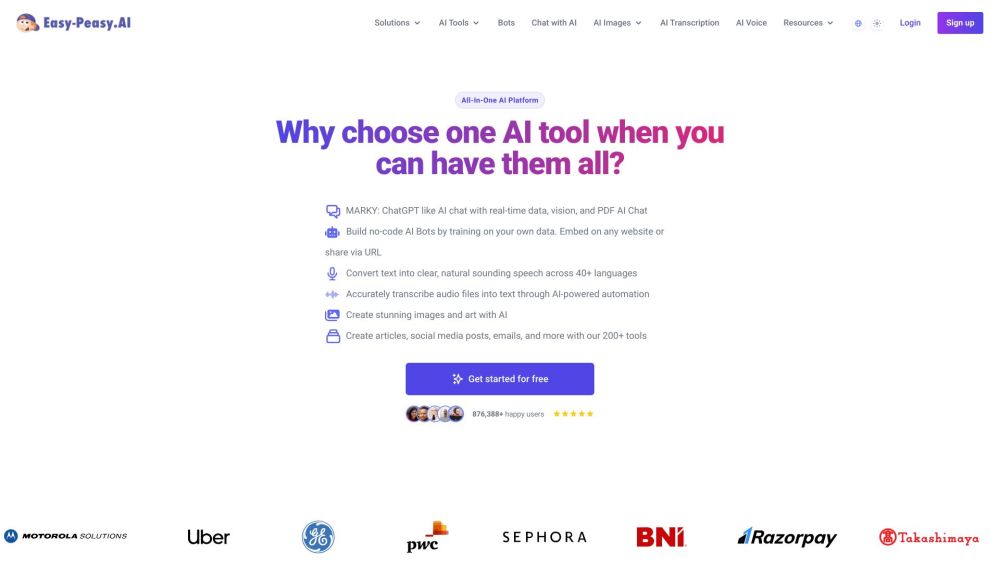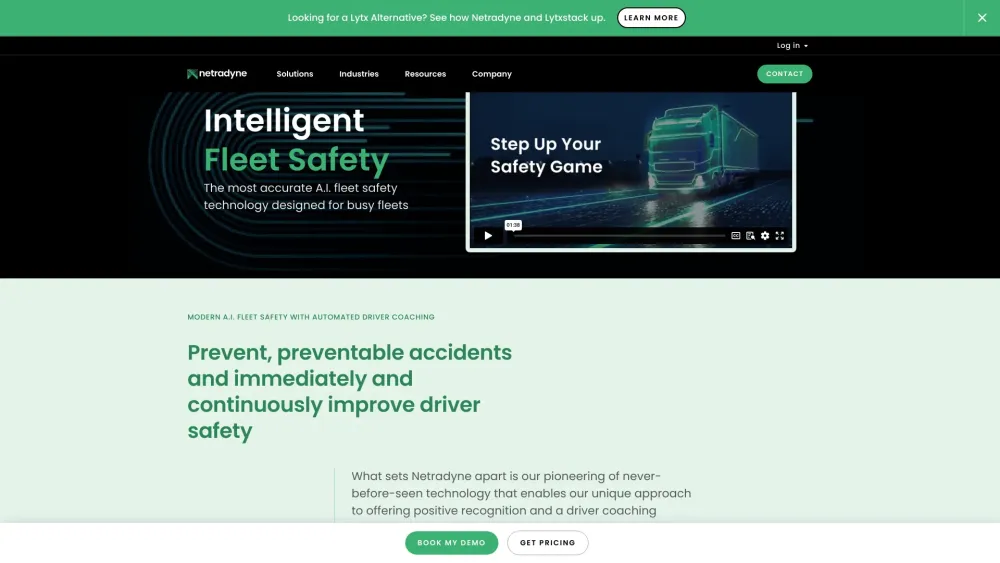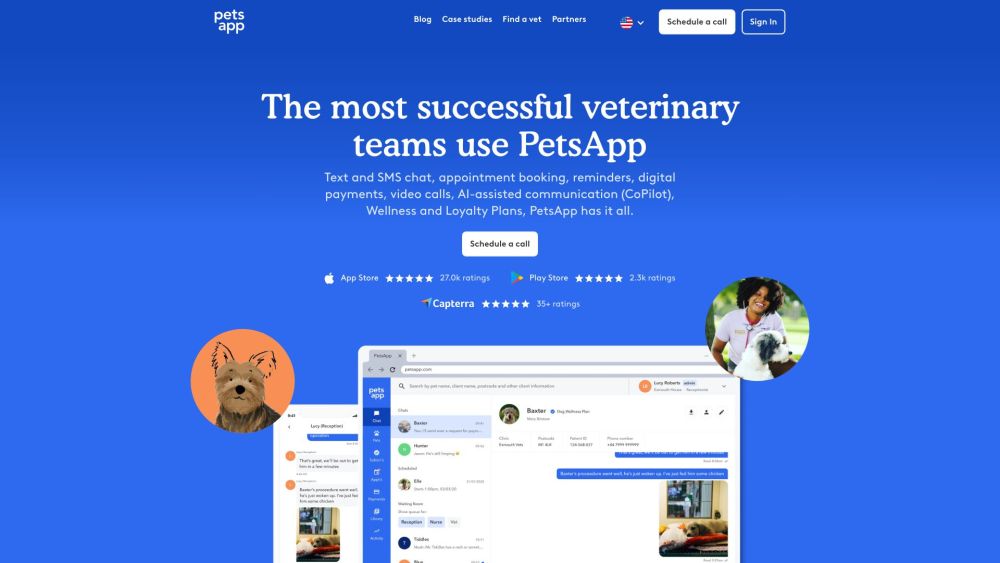Microsoft has reinforced its policy prohibiting U.S. police departments from utilizing generative AI for facial recognition through its Azure OpenAI Service. This managed enterprise solution integrates OpenAI’s advanced technologies. The updated terms of service, introduced on Wednesday, explicitly forbid any use of Azure OpenAI Service for police departments regarding facial recognition in the U.S., including existing and future image analysis models from OpenAI.
Additionally, a new provision directly prohibits law enforcement globally from using "real-time facial recognition technology" on mobile devices, such as body cameras and dashcams, when trying to identify individuals in uncontrolled, real-world environments. This policy update comes shortly after Axon, a company specializing in technological solutions for military and law enforcement, announced a product that uses OpenAI's GPT-4 to summarize audio from body cameras. Critics rapidly highlighted concerns, including the risk of AI-generated inaccuracies and the potential for racial bias inherent in the training data, especially considering that people of color are disproportionately affected by policing.
It's still unclear if Axon utilized GPT-4 via Azure OpenAI Service or if the new policy was a direct response to Axon's product launch. OpenAI previously imposed restrictions on the application of its models in facial recognition via APIs. We have reached out to Axon, Microsoft, and OpenAI for comment and will provide updates as necessary.
The updated terms leave some flexibility for Microsoft. The total ban on Azure OpenAI Service use applies strictly to U.S. police and does not extend to facial recognition conducted with stationary cameras in controlled settings, like back offices. However, it does prohibit any facial recognition use by U.S. police departments.
This aligns with the recent strategies of Microsoft and its partner, OpenAI, concerning AI deployment in law enforcement and defense sectors. In January, Bloomberg reported that OpenAI is collaborating with the Pentagon on various initiatives, including cybersecurity advancements—signifying a shift from its previous stance against military partnerships. Furthermore, Microsoft has proposed utilizing OpenAI’s DALL-E image generation tool to assist the Department of Defense (DoD) in developing software for military operations.
Azure OpenAI Service was integrated into Microsoft’s Azure Government product in February, enhancing compliance and management features tailored for government agencies and law enforcement. Candice Ling, Senior Vice President of Microsoft Federal, assured that Azure OpenAI Service would be “submitted for additional authorization” to the DoD to support its missions.
Update: Following publication, Microsoft clarified that the initial change to the terms of service contained an error; the ban specifically pertains to facial recognition in the U.S. and does not represent a blanket prohibition on police departments using the service.





